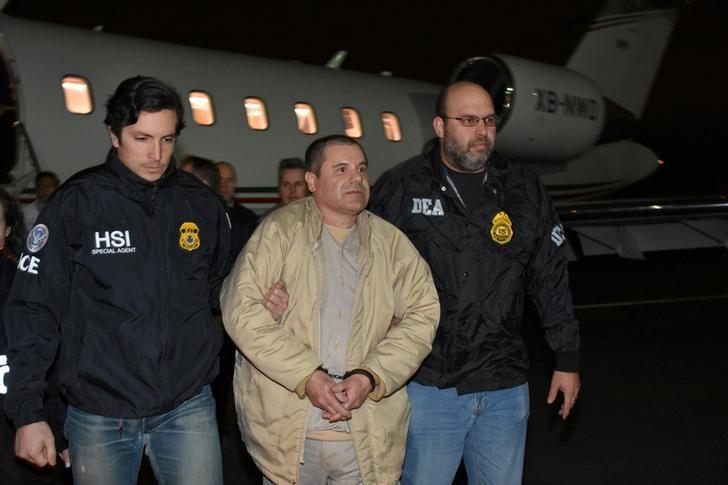NEW YORK—A lawyer for accused Mexican drug lord Joaquin “El Chapo” Guzman told a New York jury in opening remarks that his client was a scapegoat for the real leader of Mexico’s Sinaloa Cartel, Ismael “El Mayo” Zambada.
“He’s blamed for being the leader while the real leaders are living freely and openly in Mexico,” attorney Jeffrey Lichtman said on the first day of Guzman’s trial for drug smuggling in Brooklyn federal court, which is expected to last up to four months. “In truth he controlled nothing. Mayo Zambada did.”





